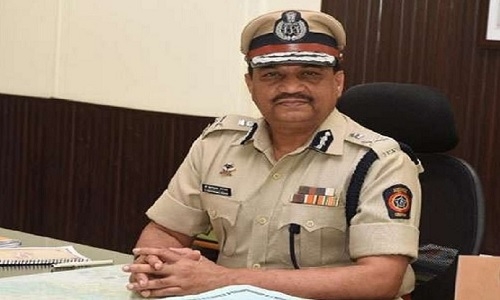The Great Indian Traditions of Samvada
| Date :14-Apr-2024 |

By DR BHUSHAN KUMAR UPADHYAYA
Samvada or conversations
are the great characteristics of Indian traditions.
The Vedas are full of conversations. Ideas, thoughts, emotions, feelings, beliefs, material
as well as supernatural revelations form an integral part of
these Indian conversations.
The Rig Veda is famous for so
many conversations namely
Agastya and Lopamudra ,
Yama and Yami, Indra and
Indrani, Pururava and
Urvashi. The Upanishadic literature is replete with conversations. Even very complex and
philosophical matters have
been explained through conversational tools.
Conversations between
Nachiketa and Yama, Gargi
and Yajnavalkya, Varuni and
Bhrigu, etc, are well known.
The Ramayana and
Mahabharata are also full of
famous conversations revealing the different dimensions of
human existence. Yaksha and
Yudhishthira Samvada of the
Mahabharata is a classic one.
So many tricky and puzzling
queries have been answered
very cleverly by Yudhisthira.
Many Yogic and Tantric texts
begin with the conversation
between Lord Shiva and
Parvati. Very subtle and
minute spiritual practices have
been described lucidly in these
conversations. Sanskrit literature has also followed the traditions of conversations. The
conversation between King
Deelip and the lion described in
the Raghuvansham epic of
Kalidasa is par excellence.
Numerous conversations
between Lord Buddha and his
disciples specifically Ananda,
are of permanent and historic
value. Sage Bharat is considered the father of Indian dramatics.
His classical work
named Natyashastra is a very
famous treatise on dance, drama, music and dramatic conversations. The
Ramcharitmanas by saint
Tulsidas is full of conversations between many characters of the epic.
The greatest Samvada we
come across in the Indian traditions is between Lord
Krishna and Arjuna. The
world famous conversation of
the Geeta contains the details
about journey on the path
from suffering to freedom. The
way the different dimensions
of knowledge, devotion and
action are described has no
parallel.
In all the historic and
famous conversations of
Indian traditions we do not
come across any acrimonious
exchange of ideas. Different
aspects of truth and life have
been revealed very forcefully in
these conversations.
Conversation is a very effective way of interaction. There
is no forceful communication.
The communication is always
two ways. Most of the time
conversations are informal and
personal. Exchange of
thoughts and information
takes place in a very respectful
manner. Decency is the hallmark of conversations.
Observations and opinions are
exchanged in a very structured
and orderly manner. Manners
and etiquettes are always honoured.
The quality of listening is
the essence of any good conversation. Attentive listening
and prompt reply are the
important ingredients of effective conversations.
Conversations establish some
sort of emotional bond
between the participants.
There are three stages of a
conversation. The conversation starts with the introduction of the subject matters.
The second stage involves the
exchange of thoughts and
ideas and the third stage is the
mutually drawn conclusions
based upon wisdom and sagacity. About conversation,the
famous quote of Benjamin
Disraeli is well known;
“The art of conversation is
to be prompt without being
stubborn, to refute without
argument and to clothe great
matters in a motley garb.”
(The writer is Former DG
Police & CG, Homeguards,
Maharashtra)